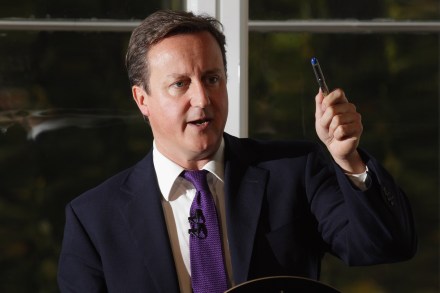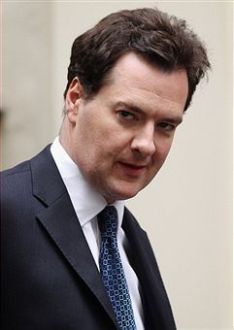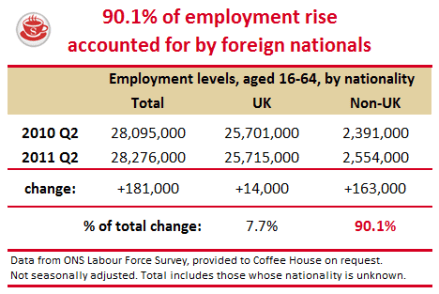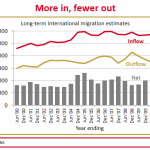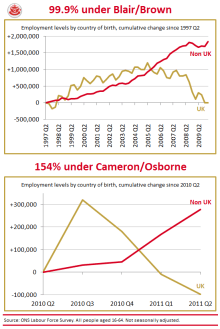The Fox hunt distracts from louring clouds
The furore surrounding the defence secretary is distracting attention from some stories that are threatening the coalition’s tranquillity. Benedict Brogan reports that the Health Bill is being amended out of existence by a cabal of Lib Dem peers, a campaigned that was mooted during the party conference season. The rebellion is apparently aggravating Number 10, which understood that Nick Clegg had secured his party’s support for the diluted programme which emerged after the recent “listening exercise”. Labour’s numerical superiority in the House of Lords means that ministers will have to be at their most mellifluous to bring the errant Lib Dems back to the fold, because Tory backbenchers are clear
